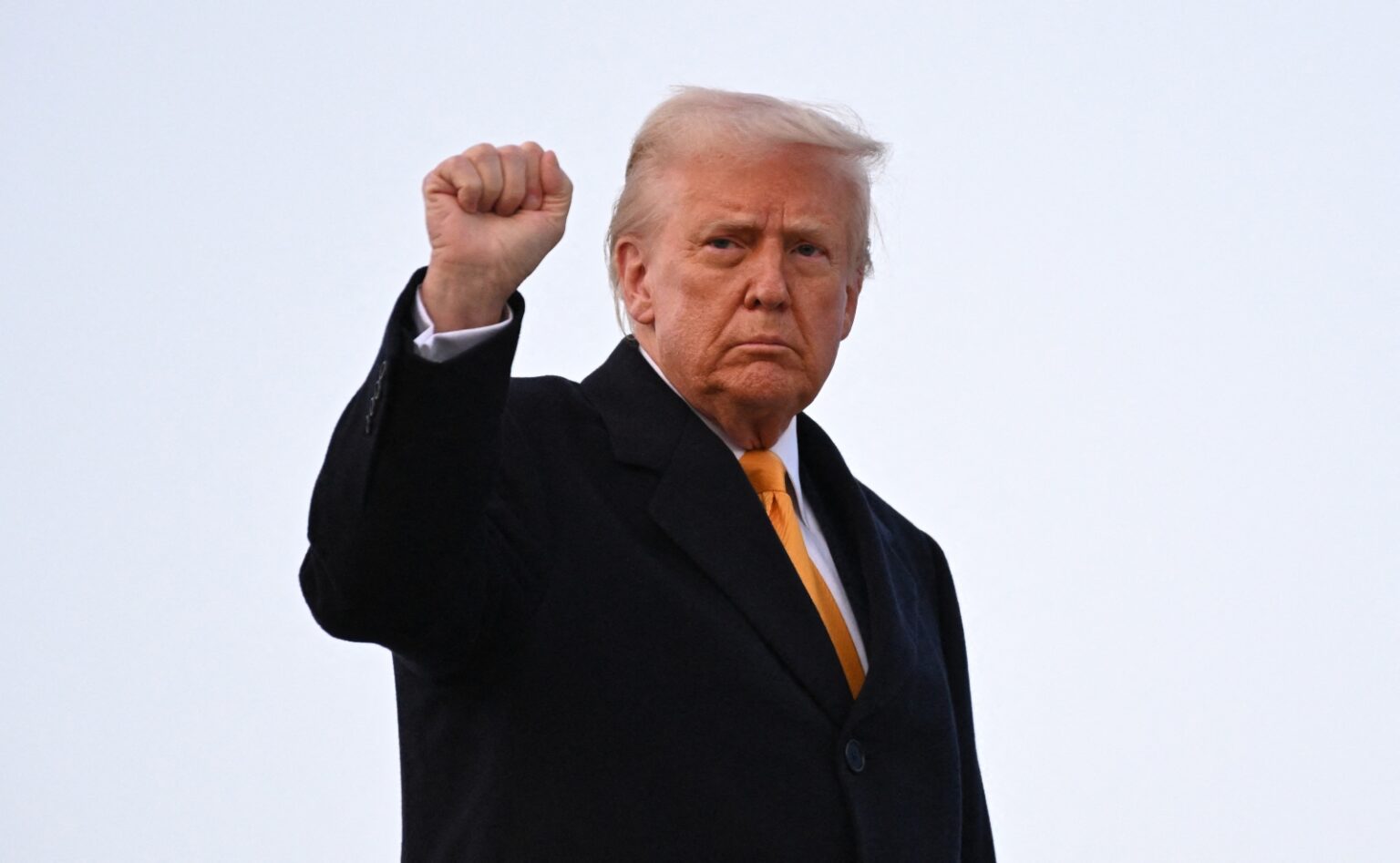As speculation grows about the 2028 presidential race, political strategists express doubts over whether the rumored Democratic contenders have the ability to unify the party and reclaim the White House. Analysts suggest that the party remains fractured following a tumultuous 2024 cycle, and early polling raises concerns about whether any of the potential candidates can rally enough support for a successful campaign.
Several prominent figures—including Vice President Kamala Harris, Minnesota Governor Tim Walz, former Obama White House Chief of Staff Rahm Emanuel, former Transportation Secretary Pete Buttigieg, and Democratic governors Gavin Newsom (CA), Josh Shapiro (PA), Andy Beshear (KY), and Wes Moore (MD)—are reportedly considering bids for the presidency. While these names represent a broad spectrum of Democratic leadership, strategists warn that each faces significant obstacles in securing the nomination and, ultimately, the presidency.
Early Maneuvering in the “Invisible Primary”
“We are in what has been referred to as the ‘invisible primary’ phase of the election cycle,” said Len Foxwell, a Maryland-based Democratic strategist. “At this point, the public isn’t paying attention, but potential candidates, donors, and party activists are already positioning themselves for 2028.”
Foxwell emphasized that while the campaign is still in its infancy, behind-the-scenes political maneuvering is well underway. The “invisible primary” phase often determines which candidates gain early momentum, secure crucial endorsements, and build fundraising networks essential for a national campaign.
Can Harris Overcome a Weak 2024 Performance?
Polling suggests that among likely Democratic voters, Harris remains a leading figure in the race, though support for her is far from overwhelming. Newsweek reports that Buttigieg and Newsom lag behind Harris in early polling, while other contenders struggle to gain traction.
Michigan-based political consultant Adolph Mongo was blunt in his assessment of the emerging 2028 field. “A bunch of losers,” he told the Daily Caller. “I’m looking for someone who’s going to be more realistic and who can fight back. The Democrats ran a spineless 2024 campaign—they let Republicans dictate the narrative and never responded.”
Mongo specifically criticized Harris’ 2024 running mate choice, Minnesota Governor Tim Walz, suggesting that while he is a “nice guy” and a “good governor,” the party needed a candidate with a stronger, more aggressive presence. “They needed somebody who’s going to be a bulldog and attract new voters,” he added.
Dems Struggle with Key Issues and Their Base
According to Mongo, Democrats mishandled critical policy issues during the last election cycle. “They dropped the ball on immigration, transgender rights, and took their base for granted—Black voters, Hispanic voters—they just did everything wrong,” he said. He further argued that party leadership had been complacent in dealing with the challenges surrounding former President Joe Biden’s age and approval ratings. “They knew two or three years ago Biden should have been a one-term guy, but they didn’t act and waited too late.”
One potential 2028 contender, Kentucky Governor Andy Beshear, recently made headlines after criticizing Newsom for featuring right-wing commentator Steve Bannon on his new media program. The remark sparked backlash among progressives and underscored the ideological divides within the Democratic Party.
Meanwhile, Walz appears to be laying the groundwork for a national campaign, launching a town hall tour targeting vulnerable House Republican districts. Notably, his first stop is in Iowa, an early primary state that could prove crucial in shaping the Democratic field.
Newsom Faces Electability Concerns
Foxwell believes that each of the potential Democratic contenders has a viable path to the nomination, but he notes that some—such as Newsom—may struggle to win over key voting blocs in battleground states. “Newsom embodies every negative stereotype of the modern Democratic Party,” Foxwell said. “He represents the privileged, affluent coastal elite who have virtually no connection to working-class voters in swing states. That’s a major liability in a general election.”
Despite these concerns, Newsom has recently shifted his stance on issues like protecting women’s sports, moving away from progressive hardline positions in an apparent effort to broaden his appeal.
The “Aspirational Lane” and New Democratic Leadership
Among the lesser-discussed candidates, some strategists see potential in Maryland Governor Wes Moore. Foxwell suggests Moore could emerge as a leading figure in what he calls the party’s “aspirational lane,” reminiscent of Barack Obama’s rise in 2008. However, he is less optimistic about Rahm Emanuel’s chances, arguing that Emanuel is too closely tied to an outdated era of Democratic politics.
With the Democratic Party in a state of transition, the next few years will be critical in determining whether the party can unify behind a candidate strong enough to win in 2028. While many names are being floated, deep ideological divisions and concerns over electability continue to loom over the party’s future.
